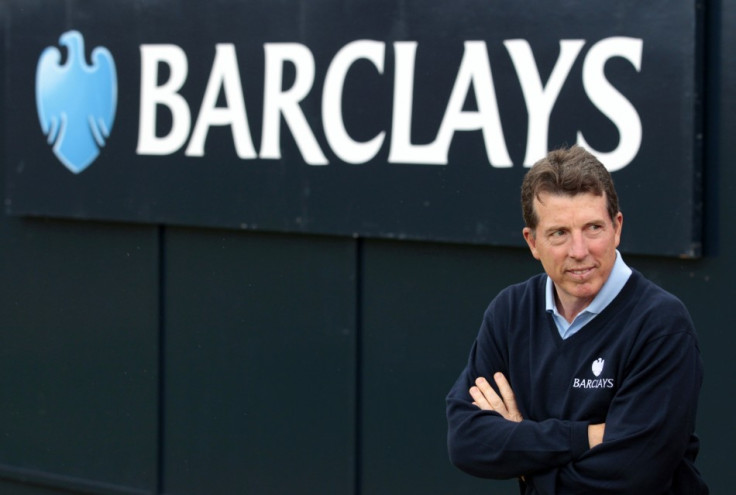Barclays Slashes Bonus Pool by Third but Bob Diamond Keeps Options Open

Barclays Bank has avoided a public relations disaster after it announced it would slash the bonus pool in its investment arm, Barclays Capital, by a third.
The decision came after weeks of negative press and a public outcry over top executive pay which culminated in the chief executive of RBS, Stephen Hester, declining his £1m bonus.
Despite the Barclays announcement, Barclays chief executive, Bob Diamond, has refused to confirm whether he will claim all of his £11m reward after Barclays made a profit of £5.8bn for 2011 - down 3 percent on the previous year.
Those hoping for a peek at Diamond's pay packet will have to wait until the annual report is published in mid-March.
"We need to balance remaining competitive with being responsive to the public mood," he said. The mood surrounding the industry was not positive but the private sector would only deliver much-needed growth to the wider economy with a "confident" banking sector, he explained.
Ed Miliband has accused the government of defending the interests of the "irresponsible few" in the row over City bonuses.
The Labour leader dismissed suggestions he was anti-business for insisting on tackling excessive pay. He said he was standing up for the wider economy.
His comments came after Chancellor George Osborne bucked the political climate by defending the principle of "rewards for success" in a speech to business leaders.
Osborne warned that the row over bonuses and pay threatened to undermine jobs and prosperity.
"George Osborne says that action to tackle big bonuses is 'anti-business'. It is not," Mr Miliband said in a speech at Sheffield University.
© Copyright IBTimes 2024. All rights reserved.





